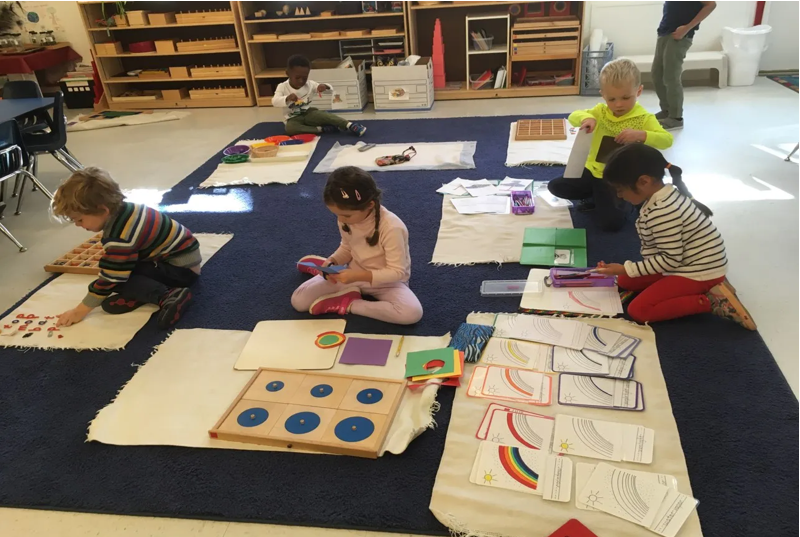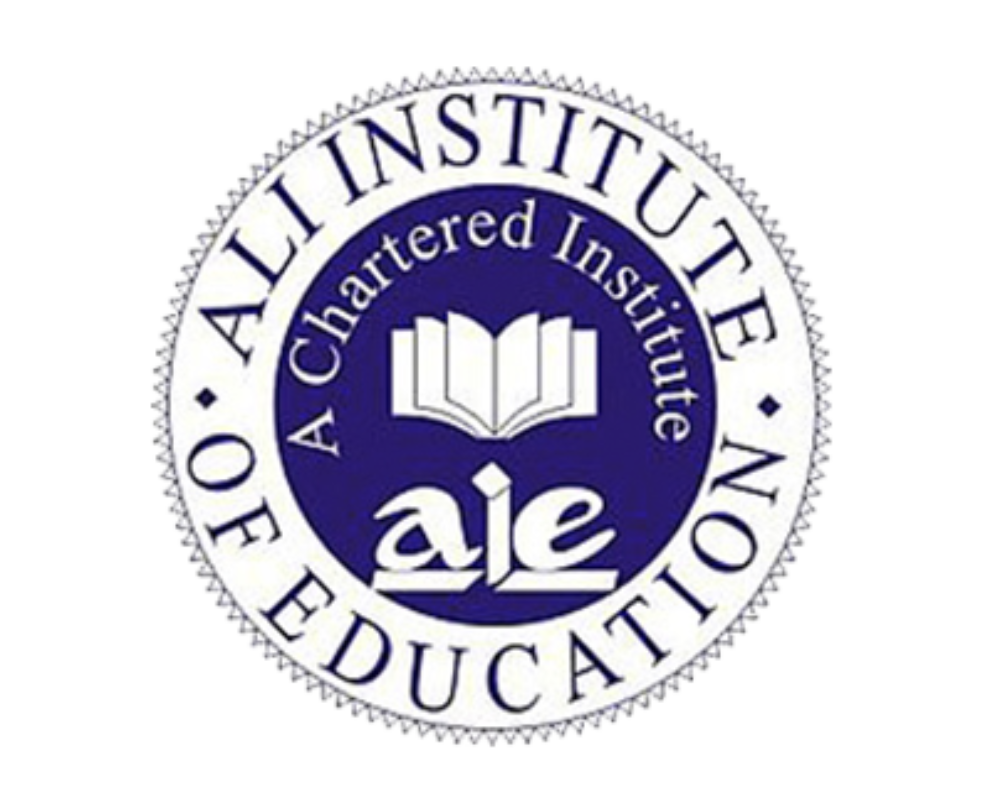Unique Features of Montessori Education: An All-Inclusive Guide

Understanding the Unique Features of Montessori Education
What are some of the distinctive features that set Montessori education apart? Montessori education, named after the founder—Dr. Maria Montessori, from the early 20th century, brought a significant departure from the conventional way of schooling.
If children are successful, they can develop a love of learning in the Montessori classroom, the climate of which is based on the principles of several factors.
Let’s explore the distinctive features that set Montessori education apart!
Child-Centered Philosophy
One of the many unique aspects of Montessori education is that it is based on a deep respect for the individual child.
For Montessori educators, respecting their students’ individuality is completely unlike adhering to the other traditional models of education that thrive on standardized instruction.
They observe and understand every child’s interests, strengths, and developmental needs to ensure that the approach is adapted in a one-to-one relationship.
This individual attention gives a sense of belonging and provokes the child to take more ownership of the learning.
Prepared Environment
Montessori environments are purposefully prepared environments in which active exploration, investigation, and creativity are supported within an organized setting of freedom, coupled with responsibility and structure.
That means every single detail—from classroom design and the choice of materials—points, in every possible way, toward independence and self-initiated learning, showcasing the distinctive elements of Montessori schooling.
They have been designed to help children learn and develop even more with the help of versatile materials that correspond to the diverse areas of development: practical life, sensory, language, math, and cultural studies in a hands-on form.
It is a dynamic learning laboratory environment, giving the child freedom with concepts to explore and engage at his very own pace.
Self-Directed Learning
Central to Montessori education is an unswerving faith in the fact that children are inherently motivated to learn and to inquire into the world around them.
In the Montessori classroom, the teacher is not a lecture giver; she guides children to find out things for themselves and solve problems through their efforts.
It also allows the children to choose the kind of activities that arouse their interest and passion.
An identity of freedom instills responsibility and self-discipline as the children learn to distribute time and make choices consistent with learning goals.
Multigenerational Learning with Life Skills Focus
What makes Montessori different is that In Montessori rooms, there are a variety of mixed-age groupings where children coexist and learn in an assisted, collaborative environment.
The multi-age dynamics in such groupings encourage peer learning, mentorship, and social and emotional growth.
Besides, this group setting allows younger children to learn from older peers while older children consolidate their knowledge by leading and helping younger peers.
This is, therefore, an inclusive approach that brings out empathy in students toward acting together.
In addition to academic learning, Montessori education emphasizes developing practical life skills, focusing on the special features of the Montessori approach.
In Montessori education, utmost consideration is given to everything, including the classroom structure, the assortment of materials, and more, with the target being self-initiation and independent learning.
Every educational and play material is purposefully chosen for its activity-related learning process, with self-correcting properties, which will foster the development of critical thinking in children at home.
Such an appropriate setting emphasizes self-discovery and exploration, the key features of the unique teachings in the Montessori system.
Individualized Pace of Learning
One of the many robust features of Montessori education is that it insists on being devoted to the individual needs of all children and fulfilling their uniqueness.
Contrary to the conventional methods of teaching, where the curriculum and schedules are laid out clearly by the teachers, the Montessori teachers evaluate each child’s progress and readiness level to provide personalized lessons and materials.
Children are not confined to the prescribed topics set for the academic level; they change to more complex issues once they seem very familiar with them.
This individualization goes beyond just providing an intimate setting; it also guarantees that each child gets the help and encouragement they need to be better versions of themselves.
Montessori education defends a comprehensive learning model that involves mental, emotional, social, and physical areas of the children’s lives.
Through independence, self-led instruction, and practical life skills, Montessori schools empower pupils to become curious, confident, and robust individuals ready for the world’s changing circumstances.
Along with educators and parents who now realize the significance of Montessori principles, the legacy of Dr Maria Montessori’s revolutionary approach to education continues to live on and inspire future generations.


